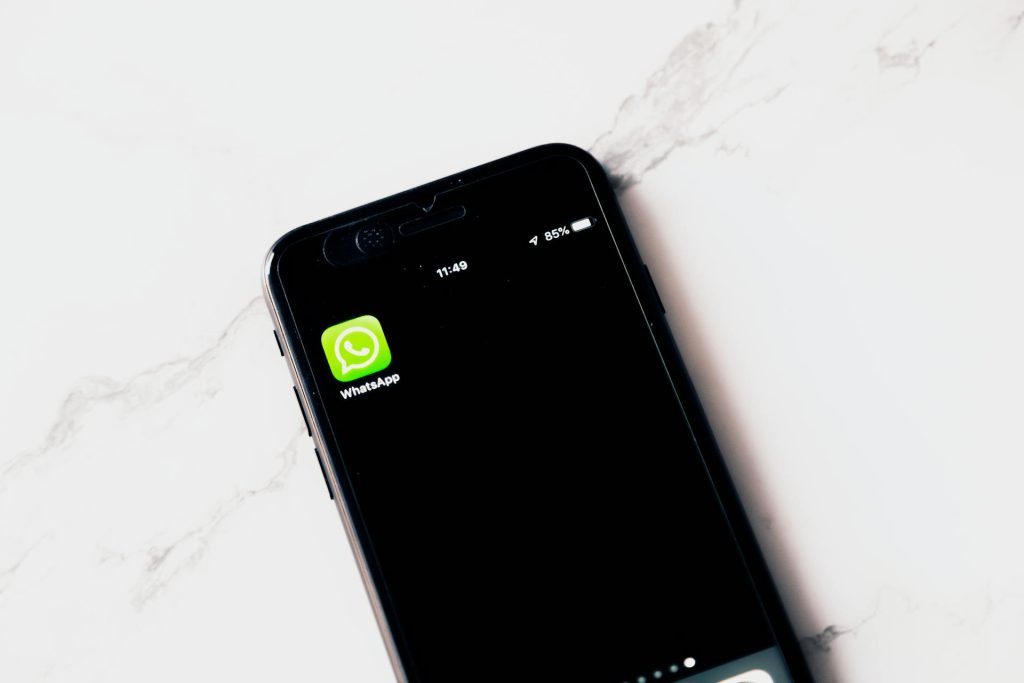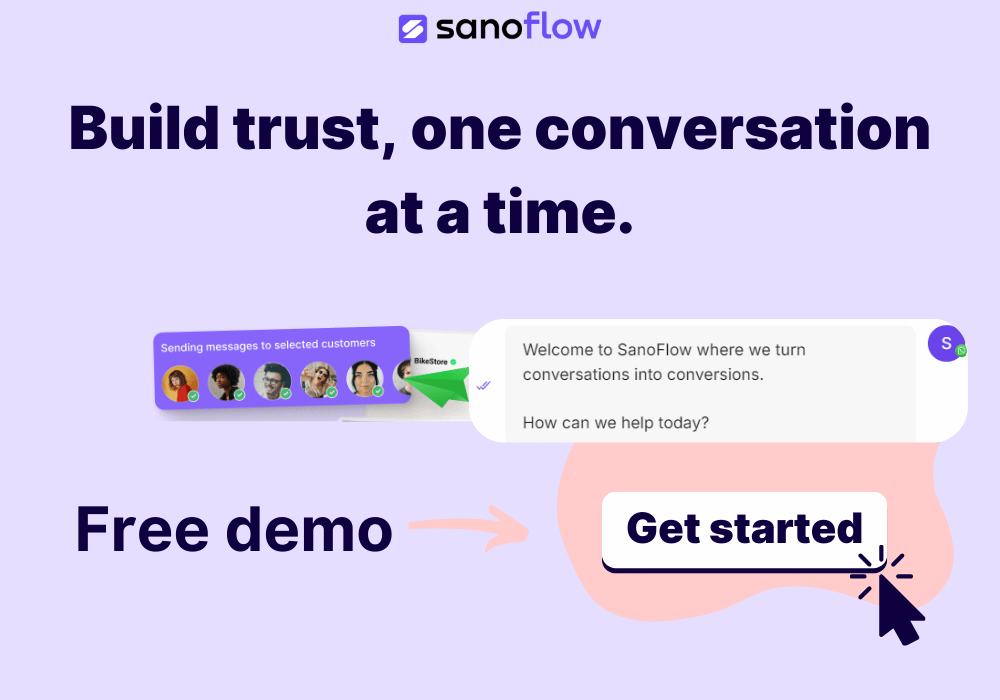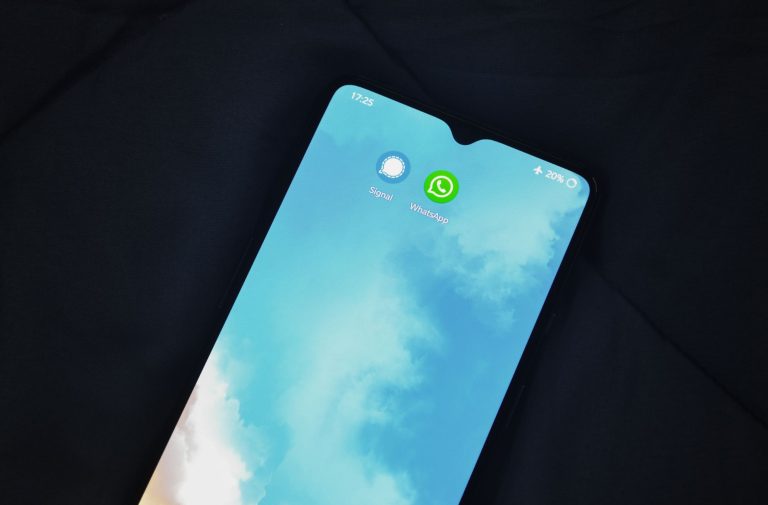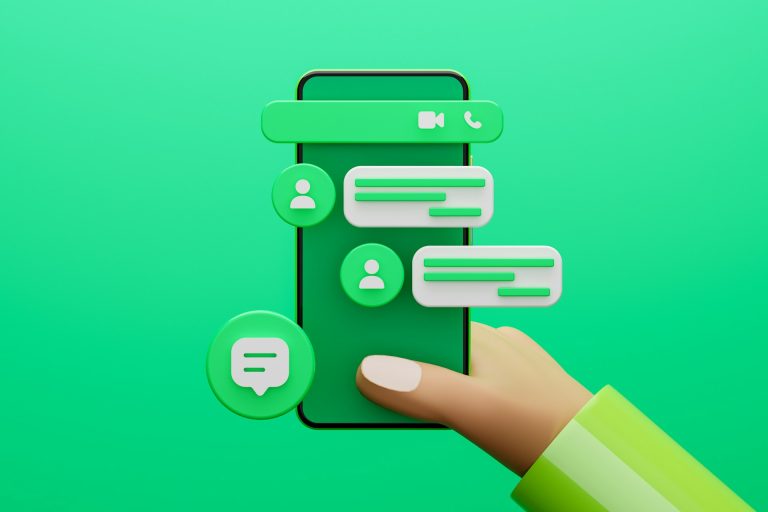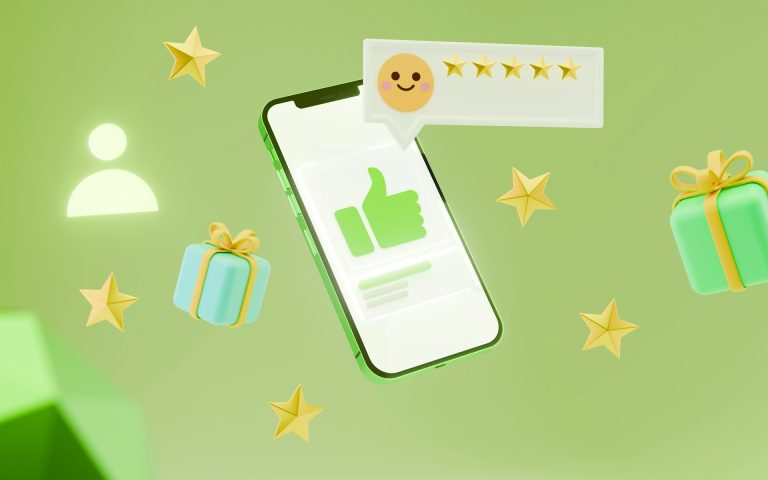The digital world has rapidly advanced, and with it, the tools available for marketing have evolved as well. One significant player in the marketing arena is WhatsApp, a platform that offers marketers a direct and engaging way to connect with their audience. As more businesses recognize the immense potential of WhatsApp, the landscape of marketing strategies is set to change dramatically by 2025. Staying ahead of the curve is crucial for those looking to maximize their outreach efforts, and understanding the latest WhatsApp marketing strategies can offer a significant advantage.
Leveraging WhatsApp offers numerous benefits, including the ability to reach customers in a more personalized manner. As we head into 2025, it’s clear that businesses must adapt to these evolving strategies. Keeping up with current trends will not only help in maintaining engagement but also in fostering deeper connections with clients. Embracing these changes ensures that marketers can effectively capitalize on the opportunities that WhatsApp presents.
Understanding WhatsApp Marketing
WhatsApp marketing is all about utilizing the platform to connect with potential and current customers. But what makes it such a valuable tool for businesses? At its core, WhatsApp allows for real-time communication, which is essential for building trust and fostering relationships. Businesses can send updates, offers, and important information directly to customers’ phones, ensuring the message isn’t lost in the shuffle of emails or other less personal forms of outreach.
Here are some standout benefits of WhatsApp marketing:
– High Engagement Rates: People tend to read messages received on WhatsApp more promptly than emails.
– Direct Communication: This platform offers a chance to cut through the noise and speak directly to your audience.
– Wide Reach: With billions of users worldwide, WhatsApp provides an extensive opportunity for businesses to expand their market.
When businesses embrace WhatsApp marketing, they open doors to improving customer service, cultivating loyalty, and potentially increasing sales. Understanding the nuances of this tool can place a business ahead of its competitors and create lasting connections with its audience.
Strategy 1: Personalized Messaging
Personalization in marketing has become more than a trend; it’s a necessity. People are more likely to engage with brands that understand their needs and preferences. WhatsApp offers a unique edge with its capability for personalized messaging, enabling marketers to craft messages that resonate on an individual level.
Here’s how to harness personalization effectively:
– Collect Relevant Data: Begin by gathering insights about your audience, like preferences and purchasing habits.
– Segment Your Audience: Dividing your contacts into specific groups allows you to tailor messages, making them more relevant.
– Craft Personalized Content: Use the data to create messages that speak directly to the recipient’s interests and needs.
By focusing on personalization, businesses can ensure their messages don’t just reach their intended target but resonate in a meaningful way. It’s about creating a genuine connection, fostering loyalty, and encouraging engagement—all crucial aspects in today’s competitive landscape.
Strategy 2: Creating Engaging Content
Effective WhatsApp marketing depends largely on the kind of content you produce. Content that captures attention is not only informative but entertaining as well. With WhatsApp, you have the chance to communicate using a variety of formats that appeal to your audience’s preferences.
Here are some content types that work well:
– Images: A picture is worth a thousand words. Use striking images to catch eyes and convey messages instantly.
– Videos: Short videos can deliver powerful stories or updates that drive engagement.
– Polls: Encouraging interaction through simple polls makes your audience feel valued and vested in your brand.
To keep your content fresh and avoid redundancy, consider rotating different formats and topics. Change up the themes to reflect current interests and trends, ensuring that your updates remain relevant. Listen to feedback and pay attention to what styles resonate most.
Strategy 3: Utilizing WhatsApp Business Features
For businesses, harnessing the full suite of WhatsApp Business features can be transformative. These tools are designed to streamline communication and enhance customer service. One significant element includes setting up a professional profile that builds trust with your audience.
Key features to explore:
– Catalogs: Display your products or services neatly for easy viewing.
– Labels: Organize chats and contacts, making follow-ups efficient.
– Quick Replies: Use pre-written answers for frequently asked questions, saving time and maintaining consistency.
By leveraging these features, businesses can improve their interactions with customers, responding efficiently to inquiries and maintaining a professional impression. As a result, companies are better positioned to deliver superior customer service and potentially boost their bottom line.
Strategy 4: Automating Responses
Automation is a game-changer for businesses seeking to optimize customer interaction. Enabling auto-responses means customers receive immediate acknowledgments, even when you’re not available to message back. This is critical in managing customer expectations and maintaining engagement.
Consider these types of automated messages:
– Greeting Messages: Welcome new customers with a friendly introduction.
– Quick Replies: Respond promptly to common questions without typing individual messages each time.
– Away Messages: Inform customers of your unavailability and let them know when to expect a response.
Setting up these automated responses not only enhances responsiveness but also frees up valuable time for teams to focus on more complex tasks. It’s about finding balance, ensuring that while automation takes care of repetitive tasks, personal touch is still present where needed.
Integrating WhatsApp with Other Marketing Channels
A multi-channel marketing approach enriches how you reach your audience and ensures a cohesive brand message. Integrating WhatsApp with other platforms like CRM and email marketing enhances communication quality and consistency across all spectrums.
Best practices for integration:
– Sync customer data across platforms to create a unified marketing strategy.
– Use insights from CRM data to personalize WhatsApp marketing efforts further.
– Coordinate campaigns across emails and WhatsApp for widespread reach and reinforcement.
Integration doesn’t just streamline processes; it amplifies the impact of your outreach efforts by providing a seamless experience for customers. When all channels work together harmoniously, it paves the way for stronger engagement and elevates brand presence.
Ready to transform your customer engagement and enhance your marketing game? Explore how Sanoflow can support your efforts with cutting-edge WhatsApp marketing strategies. Embrace the tools and tips shared in this article to stay ahead and connect meaningfully with your audience. Visit our platform to see how these strategies can be tailored to your brand’s success.


